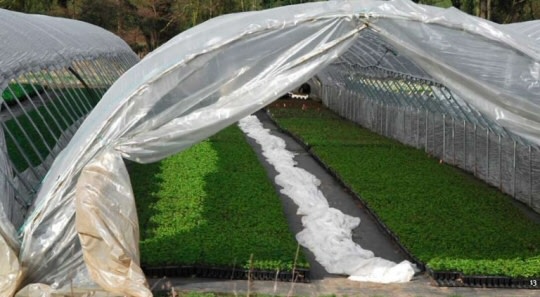 Bioplastics are welcomed as new members of the plastics family, adding new features to the diverse spectrum of plastics materials - informs PlasticsEurope.
Bioplastics are welcomed as new members of the plastics family, adding new features to the diverse spectrum of plastics materials - informs PlasticsEurope.Unfortunately the two aspects of bioplastics – the functional property of degradation and the origin of the feedstock for production – are often mixed-up.
Degradable plastics provide a functional property which is required for certain applications such as compost bags, mulch film for agricultural applications, and packaging for catering and for surgery (to mention just a few).
However the use of degradable plastics must be carefully evaluated in order to ensure that, for example, they do not contaminate recycling loops such as the bottle stream. Plastics can be made from any feedstock containing carbon and hydrogen. Currently fossil fuels are the preferred feedstock but already today plastics are made from renewable resources such as sugar and corn.

Bio-based plastics today have a share of less than 1 % of the total plastics market but have expected high growth rates. An application for plastics which has been particularly in focus in the bioplastics debate is the carrier bag.
In the public debate the plastic bag has been the victim of irresponsible litter behaviour in society, which has unfairly damaged the reputation of this highly sustainable option for carrying our shopping back home. In several LCA studies the plastic carrier bag, and particularly the thick, multiuse bag – “the Bag for Life” - comes out as the most environmentally-friendly option.
This debate is an example of the misunderstanding around the term “biodegradability”. Biodegradability - as with any other form of enhanced degradation of plastics - does not resolve the litter issue, as this process can take 1 8 months or more depending on the conditions of the (industrial) composting facility.
All-in-all the debate on biobased or biodegradable plastics has become more factual in 2 007. Stakeholders are increasingly aware of the multitude of considerations that have to be made to correctly position a product.


